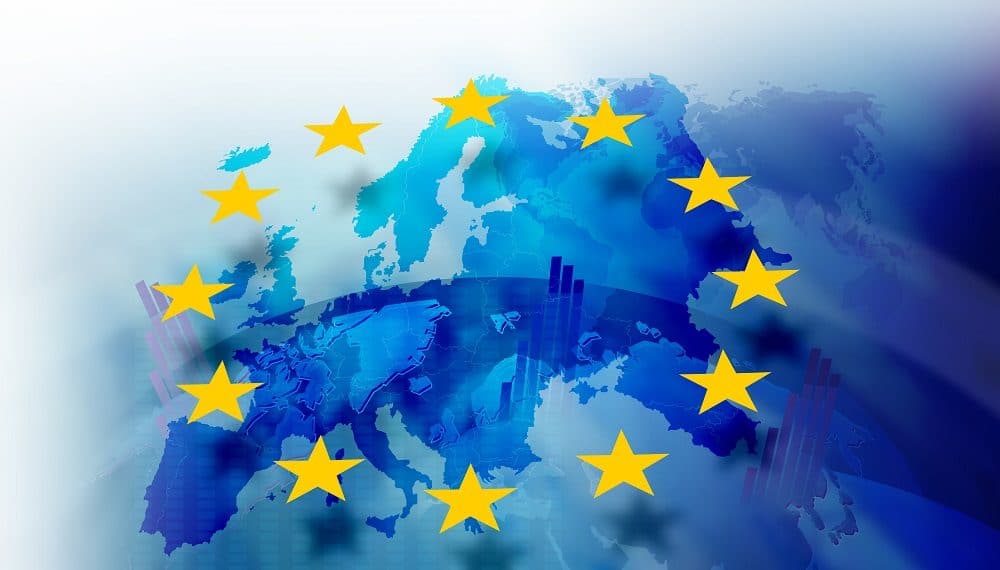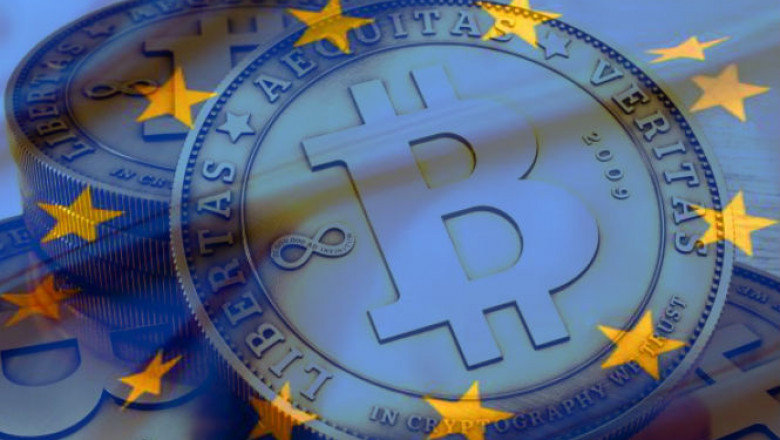Companies offering cryptoasset-related services have welcomed with optimism the news that the three institutional bodies of the European Union (EU), the European Parliament, the Commission and the Council, have reached an agreement on the text of the proposed cryptocurrency market regulation. The landmark crypto-asset markets legislation (MiCA) will introduce licensing for cryptocurrency firms and safeguards for their customers and the industry has welcomed the measure, which, however, contains controversial points for users such as the oversight of self-hosted wallets.
“It is essential that there is a strong regulatory framework that establishes the parameters within which cryptoasset service providers can carry out their activity and reach their maximum potential,” stresses Enrique Palacios, COO of Onyze. He also stresses that when this legislation finally comes into force, investors will be fully protected by the regulations.

Crypto asset service providers (CASPs) will be subject to greater scrutiny to help prevent money laundering and other illicit activities that may involve digital assets. The new rules will allow law enforcement authorities to link certain transfers to criminal activities and identify the real person behind those transactions,” said Ernest Urtasun, a Spanish Green MEP.
Experts also point out that one of the most important developments has been that un-hosted wallets, i.e. offline wallets of individuals that are not managed by an authorised platform. The EU Parliament has always been in favour of obliging cryptoasset service providers to identify their “non-hosted” counterparty when transacting.
The regulation states, “In case a customer sends or receives more than €1,000 to or from its own unhosted wallet, the CASP will have to verify whether the unhosted wallet is indeed owned or controlled by this customer.” “Many cryptocurrency users, who value their privacy, will not like this measure,” says Marcus Sotiriou, an analyst at GlobalBlock. However, for most transfers to/from wallets, there will be no mandatory verification as the initial demand called (“non-hosted wallet verification”) by the EU Parliament, which scrutinised transfers below €1,000 has ended up being diluted in the final text, this expert points out.
However, and unfortunately for stablecoin issuers, MiCA has introduced an option for EU authorities to stop the issuance of stablecoins if they are used on a large scale for payments.
“On a positive note, lengthy negotiations have resulted in decentralised finance (DeFi) being outside the scope of MiCA. However, the commission will publish a separate report in 2023 for a new form of ‘integrated DeFi supervision’,” Sotiriou explains.
“In addition, the previously discussed bitcoin ban (involving the Proof-of-Work mechanism) has been dropped. Instead, CASPs will have to disclose information on the sustainability of the cryptoassets they service,” adds the GlobalBlock expert.
KEY REGULATIONS FOR THE MARKET
Experts also emphasise the scope of the rule. “Given that the EU is the first major jurisdiction to implement a comprehensive regulatory framework for cryptocurrencies, these rules will set global standards and affect regulations worldwide (including in the United States),” explains
However, from Onyze, Palacios points out that “it is a regulation that will still have to be more detailed and developed to avoid possible infringements of the right to privacy and proportionality that Europe has always shown, and in this sense we market players still have a lot to contribute”.
“Apart from the added clarity that many companies and financial institutions have been waiting for, I think the most satisfying aspect is that the ban on proof of work (introduced because of its environmental impact) has been removed. This shows that policy makers have listened to those fighting against the proposed rules, and recognition of a concerted effort towards a sustainable future for Proof-of-Work mining,” Sotiriou adds.
Source: Bolsamanía.com
Disclaimer: The information set out herein should not be taken as financial advice or investment recommendations. All investments and trading involve risk and it is the responsibility of each individual to do their due diligence before making any investment decision.




